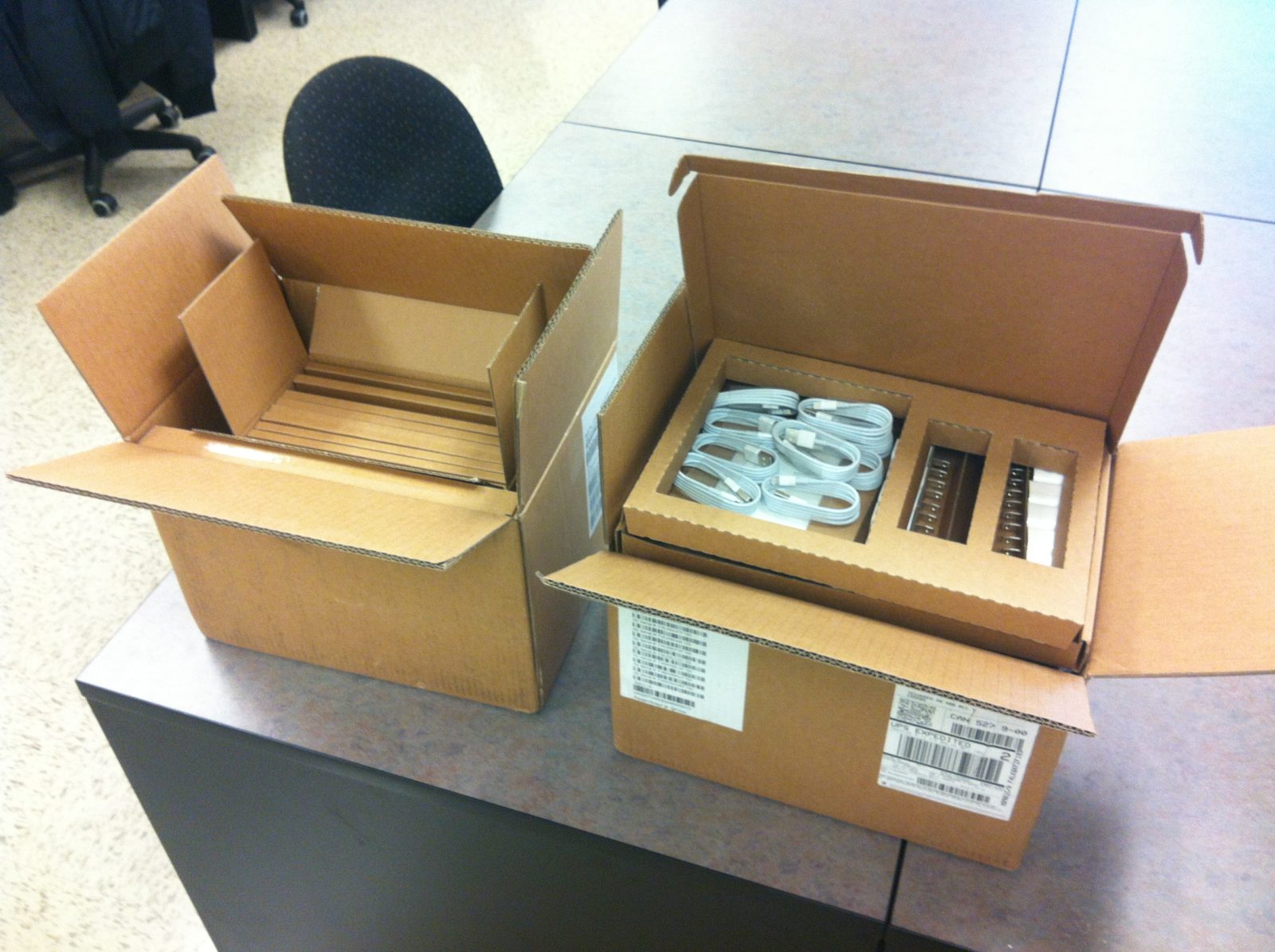2
|
Getting Started
|
Developing
|
Proficient
|
Transfer
|
Formative Assessment
|
I’m revisiting / getting familiar with this concept of formative assessment—one of the most high-yielding strategies in education, when it comes to improving student performance.
|
I design more targeted practice and invite students to play a more active role helping me diagnose how / whether to adjust my / our approach in order to improve performance.
|
I can design targeted practice that increasingly looks like the desired performance, and I use student performance results and their feedback to inform my / our next steps.
|
I’ve been / begun practicing formative assessment in other settings to target practice and seek information to inform my /our next steps.
|
1. Skills Mondays: Every student takes a pre-test, checks their grade, then assesses whether they need to re-learn the topic using khan academy or other resources. This acts as a formative assessment for the kids on a topic that they have learned in elementary school, but maybe not entirely successfully or they may have forgotten it.
I have done multiple revisions, and have changed the settings on the quizzes embedded in schoology so I can provide instant feedback to the students.
I'm also doing the same stuff for the 8th grade curriculum.
This has been a learning process for me, and I am constantly changing the way I assess students while I am teaching them.
OH! I almost forgot to mention how much I am loving EDpuzzle!!! I get instant feedback from the student if they understand the lesson from a video. I am following up those EDpuzzles with Eit Tickets on schoology so I also have that data on there.





































